

GERMANIC Languages
Literature Courses


TEMPO! BODIES IN MOTION: LEISURE, EXERCISE AND ADVENTURE IN 19TH C./20TH LITERATURE
This course introduces students of German on the advanced level of language acquisition to depictions of wayfarers in Romantic and modern literature. It includes more recent, 21st-century developments such as literary representations of extreme or physically challenging adventure sports. The selection of texts is geared toward exploring the human experience of leisurely or athletic experiences in urban or natural surroundings. The literary sources make us aware of how the experience of hiking, walking, swimming or climbing is inextricably tied to an understanding of the value of outdoor activities while acknowledging the strong impact of modern technology (maps, GPS, special gear or means of transportation) and recognizing changing attitudes toward strenuous or even risky movements in mountains, rivers, seas or deserts. First, a number of memorable Romantic songs and short poems will give us the opportunity to quickly identify central themes; as we move from poetry to prose, we will continuously adhere to the principle of simplicity and conciseness; this is why we will limit the scope of analysis by using excerpts from novels or longer stories. This way we can spend time on expanding your vocabulary; other features—such as grammar, central motifs, and stylistic features will be of equal importance. Our aim is to reduce the complexity of a text written in German to manageable level and develop our own lexicon for discussing the main topic of “bodies in motion.”
SPRING 2026
TR 4:10PM-5:25PM
CREDITS: 3
ERK GRIMM
NARRATING IMMIGRATION CONTROL

“The passport is the noblest part of a human being,” wrote the German exiled writer Bertolt Brecht in the late 1930s. When millions fled Nazi political and racial persecution, and before any country had a designated refugee policy, the immigration and identification system of control as we know it today was relatively new. For the refugees, having the right papers meant a difference between life and death. Visas, passports, and other documents also began to appear in Hollywood films, novels, and critical writing. Almost a century later, Germany, now a destination for refugees from other, war-ridden regions, is still ruled by papers. In this seminar, we will read and watch refugee narratives from these two biggest “refugee crises” in human history. We will study shifting refugee policies and bureaucratic practices along with their roles in cultural imaginations. We will trace the history of passports, visas, and identification as integral to the development of the modern state, and examine their symbolic values in a variety of aesthetic mediums, such as literature, film, dance, and video games.
SPRING 2026
TH 12:10 PM - 2:00 PM
3
BERLIN / ISTANBUL: MIGRATION, CULTURE, VALUES

An intensive seminar analyzing questions of migration, identity, (self-) representation, and values with regard to the Turkish minority living in Germany today. Starting with a historical description of the „guest worker“ program that brought hundreds of thousands of Turkish nationals to Germany in the 1960s and 1970s, the course will focus on the experiences and cultural production of the second and third generations of Turkish Germans, whose presence has profoundly transformed German society and culture. Primary materials include diaries, autobiographies, legal and historical documents, but the course will also analyze poetry, novels, theater plays and films. In German.
SPRING 2026
WE 10:10 AM - 12:00 PM
CREDITS: 3
MARK ANDERSON
ADVANCED TOPICS IN GERMAN LITERATURE: ROMANTICISM
"Advanced Topics in German Literature” is open to seniors and other advanced undergraduate students who have taken Intro to German Literature (GERM 3333) or an equivalent class. The seminar provides students the opportunity to closely examine a topic from a variety of perspectives and theoretical approaches. Readings and discussion in German. The course is repeatable for credit.
Overview of Romantic literature. Includes novellas, poems, and letters by Tieck, ETA Hoffmann, Günderrode, Brentano, Chamisso, and von Arnim, among others.
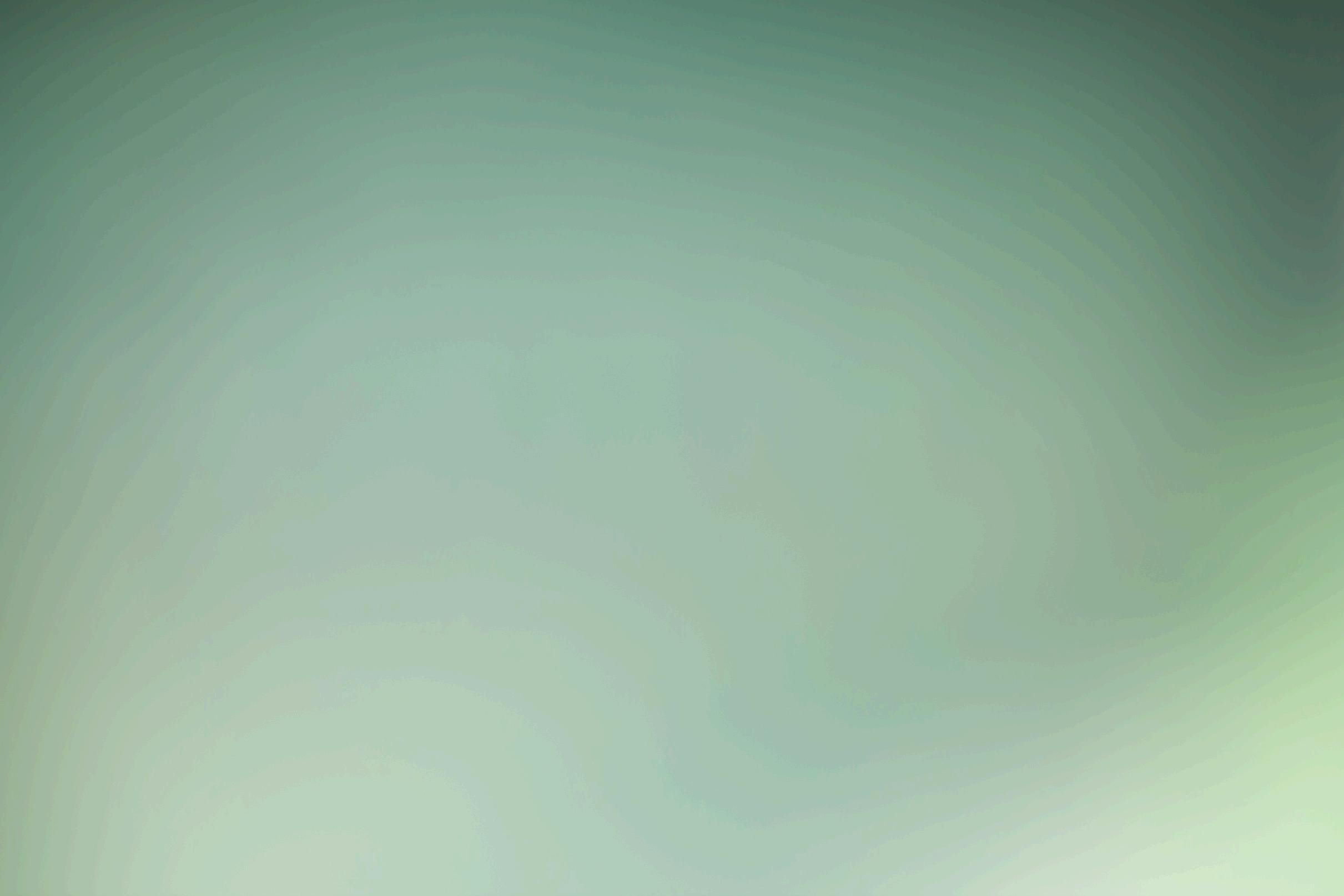
CALL NUMBER:10784
SPRING 2026 MO 10:10 AM - 12:00 PM
CREDITS: 3
STEFAN ANDRIOPOULOS
POETICS OF CHILDHOOD – FIGURES, DISCOURSES, THEORIES
This seminar explores the literary representation of the child and childhood. It focuses on three key areas, which will be examined through a selection of texts by authors including Hoffmann, Keller, Busch, James, Proust, Rilke, Benjamin, and March.
(1) Figures: The seminar will analyze literary depictions of the foreign, mysterious, anarchic, and, most importantly, the evil child, a figuration that began to displace the Romantic image of the "divine child" by the 19th century.
(2) Theories: The seminar will consider the pedagogical and developmental psychological theories of the time, which underpin this shift in discourse, alongside foundational historical and theoretical reflections on childhood, including those by Ariès and Agamben.
(3) Poetics: Central to the selected texts is the question of how childhood can be grasped in literary form—what kinds of memory are invoked, and how the recalled experience of childhood can be articulated in language.
Through an interdisciplinary approach, this seminar will engage with both the evolution of childhood as a cultural construct and the aesthetic challenges of representing it in literature. We will be reading both German and English literature; the reading load typically amounts to 30-50 pages per week, with the exception of two sessions in which we will discuss two English novel(la)s.
Nicola Gess is the Spring 2026 Distinguished Max Kade Visiting Professor.

SPRING 2026
TH 10:00 AM - 12:00 PM
LITERARY THEORY: NIETZSCHE-AGAMBEN

A survey of the most influential literary theories of the twentieth century, this seminar will discuss seminal contributions to hermeneutics, psychoanalysis, structuralism, deconstruction, discourse analysis, and gender theory. Each section will juxtapose two representative authors whose texts either complement or contradict one another. Based on close readings of exemplary texts, we will explore basic concepts of these theories and examine their intersections and differences. A second focal point of the seminar will be on applications of theory to literature. We will analyze their reformulation as methodologies in literary studies and discuss how they influenced different approaches to literature. The aim of the seminar will ultimately be to scrutinize critically these “applications” of theory to literature.
Readings and discussions in English. No prior knowledge of literary theories required.
CALL NUMBER: 10782
SPRING 2026
MO 4:10 PM - 6:00 PM
CREDITS: 3
OLIVER SIMONS
AESTHETIC THEORY-FRANKFURT SCHOOL

Critical theory was the central practice of the Frankfurt School. Founded in Frankfurt in 1923 and later based at Columbia University, this interdisciplinary institute influenced fields like sociology, political science, film, cultural studies, media theory, and comparative literature. The course begins by examining the genealogy of the Frankfurt School in Marxism and its critique of fascism and traces its afterlife in aesthetic theory, deconstruction, and gender studies, as well as the specter of “Cultural Marxism” recently floating around right-wing circles. We read texts by key figures of the Frankfurt School such as Theodor W. Adorno, Max Horkheimer, Herbert Marcuse and Jürgen Habermas as well as works by adjacent figures like Walter Benjamin, Hannah Arendt, and Siegfried Kracauer.
CALL NUMBER: 10783
SPRING 2026
TU 2:10 PM - 4:00 PM
CREDITS: 3
ANNIE PFEIFER
ALTERED STATES: CULTURES OF INTOXICATION AND ADDICTION (CROSS LISTED WITH MEDICAL HUMANITIES)
This seminar investigates the literary and philosophical treatment of intoxication and addiction from Romanticism to critical theory to contemporary recovery literature with an eye toward the Germanophone context. Examining intoxication not merely as a pathological or medical phenomenon but as a site of existential inquiry and aesthetic experimentation, the course explores how thinkers and writers have grappled with states of excess, compulsion, altered consciousness, enlightenment, and the dissolution of the self. We will situate these discussions within three important historical developments: 1) the colonial drug trade, 2) drug production in Germany, which was the site of the synthesis and manufacture of morphine, heroin, and codeine in the nineteenth century as well as in Switzerland, which was the site of the discovery of LSD and psilocybin in the twentieth century, and 3) the medicalization of the discourse around addiction and drug treatment programs. Points of emphasis include the metaphysics of intoxication, the aesthetics of fragmentation, the tension between autonomy and compulsion, and the role of intoxication in critiques of bourgeois rationality, modernity, and capitalism. We will engage with a range of genres poetry, fiction, philosophy, psychoanalysis, memoir, and recovery literature—as well as relevant secondary scholarship and critical theory. Discussions and materials will be in English.
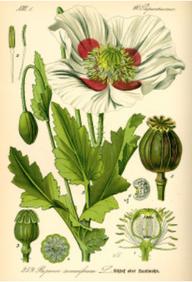
SPRING 2026
WE 2:10 PM - 4:00 PM
CREDITS: 3
PROF. ANNIE PFEIFER

Language Courses
ELEMENTARY DUTCH II
Fundamentals of grammar, reading, speaking, and comprehension of the spoken language. During the spring term supplementary reading is selected according to students needs.

INTERMEDIATE DUTCH II
Prerequisites: DTCH UN1101-UN1102 or the equivalent.
Continued practice in the four skills (aural comprehension, reading, speaking, and writing); review and refinement of basic grammar; vocabulary building. Readings in Dutch literature.
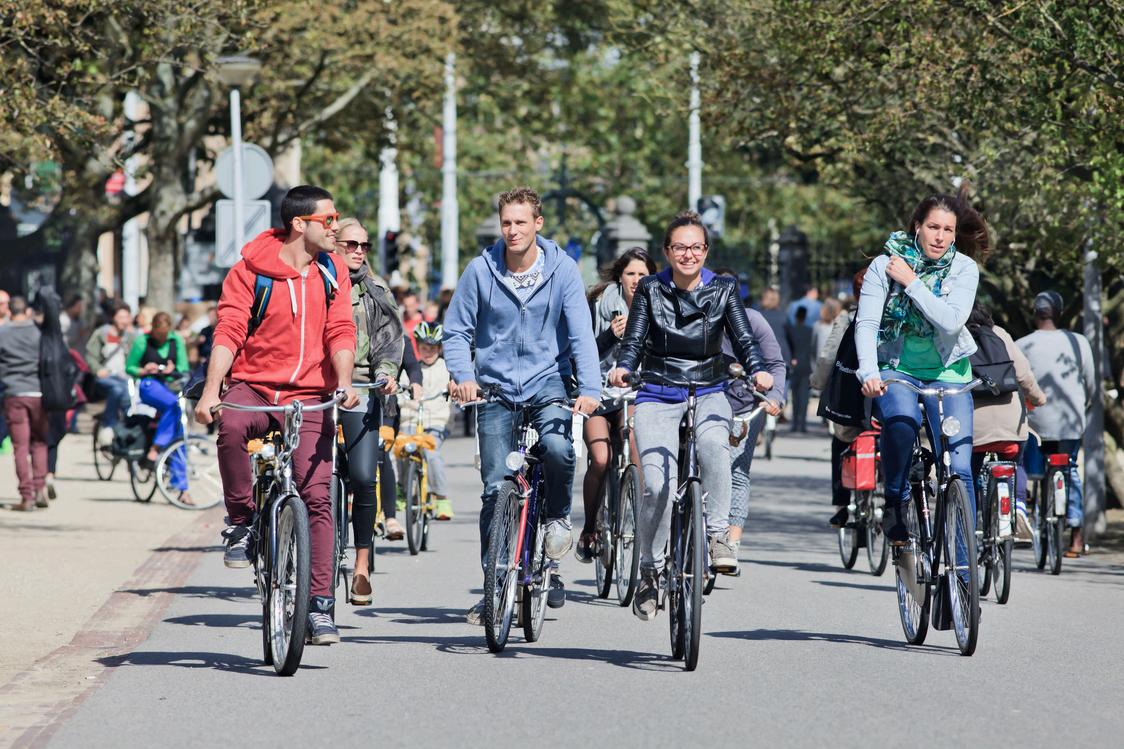
Prerequisites:
ADVANCED DUTCH II
FoursemestersofDutchorequivalent
Courseobjectives:
-Todeepenstudents'understandingoftheDutchlanguage,withanemphasisonreading andexpandingvocabulary;
-TolearnaboutDutchliterature;
-TogaininsightsandknowledgeofcrucialperiodsofDutchhistory;
-Toprovideacommunativeclassroomsettinginwhichstudentsfeelfreeand comfortabletospeakDutchwitheachotheratalltimes
Coursedescription:
ThisadvancedcourseisfocusedonDutchliterature.Studentswillbereadinganovel,short storiesandreadandwritepoems.Studentswillprepareandreadthenovelininstallments athome,andwillgetadeepunderstandingofthehistoricalbackgroundoftheevents describedinthenovel.
SECTION CALL NUMBER
001 TU TH 1:15 PM - 2:30 PM DAY,TIME
INSTRUCTOR
SPRING 2026
CREDITS: 4
WIJNIE DE GROOT
INTERMEDIATE FINNISH II

Prerequisites: FINN UN1101-UN1102 or the instructors permission.
Continued practice in aural comprehension, reading, speaking, and writing; review and refinement of grammatical structures; vocabulary building. Readings include Finnish fiction and nonfiction.
SPRING 2026
MO WE 3:10 PM - 5:00 PM
CREDITS: 3 HELI SIRVIOE
E ELEMENTARY GERMAN I

Prerequisites: No prior German.
German 1101 is a communicative language course for beginners, taught in German, in which students develop the four skills -listening, speaking, reading, and writing- and a basic understanding of German-speaking cultures. Emphasis is placed on acquiring the four language skills within a cultural context. Upon successful completion of the course, students will be able to understand, speak, read, and write German at a level enabling them to communicate with native speakers and provide basic information about their background, family, daily activities, student life, work, and living quarters. Completion of daily assignments, which align with class content, and consistent work are necessary in order to achieve basic communicative proficiency. If you have prior German, the placement exam is required.
SPRING 2026
CREDITS: 4

E ELEMENTARY GERMAN II
Prerequisites: GERM UN1101 or the equivalent. If you have prior German outside of Columbia’s language sequence, the placement exam is required.
German 1102 is the continuation of Elementary German I (1101). It is a four-skill language course taught in German, in which students continue to develop listening, speaking, reading, and writing skills in German and an understanding of German-speaking cultures. Emphasis is placed on acquiring the four language skills--listening, speaking, reading and writing--within a cultural context. Students expand their communication skills to include travel, storytelling, personal well- being, basic economics, recent historical events, and working with movie segments. Completion of daily assignments, which align with class content, and consistent work are necessary in order to achieve basic communicative proficiency.
SPRING 2026
CREDITS: 4
E INTERMEDIATE GERMAN I
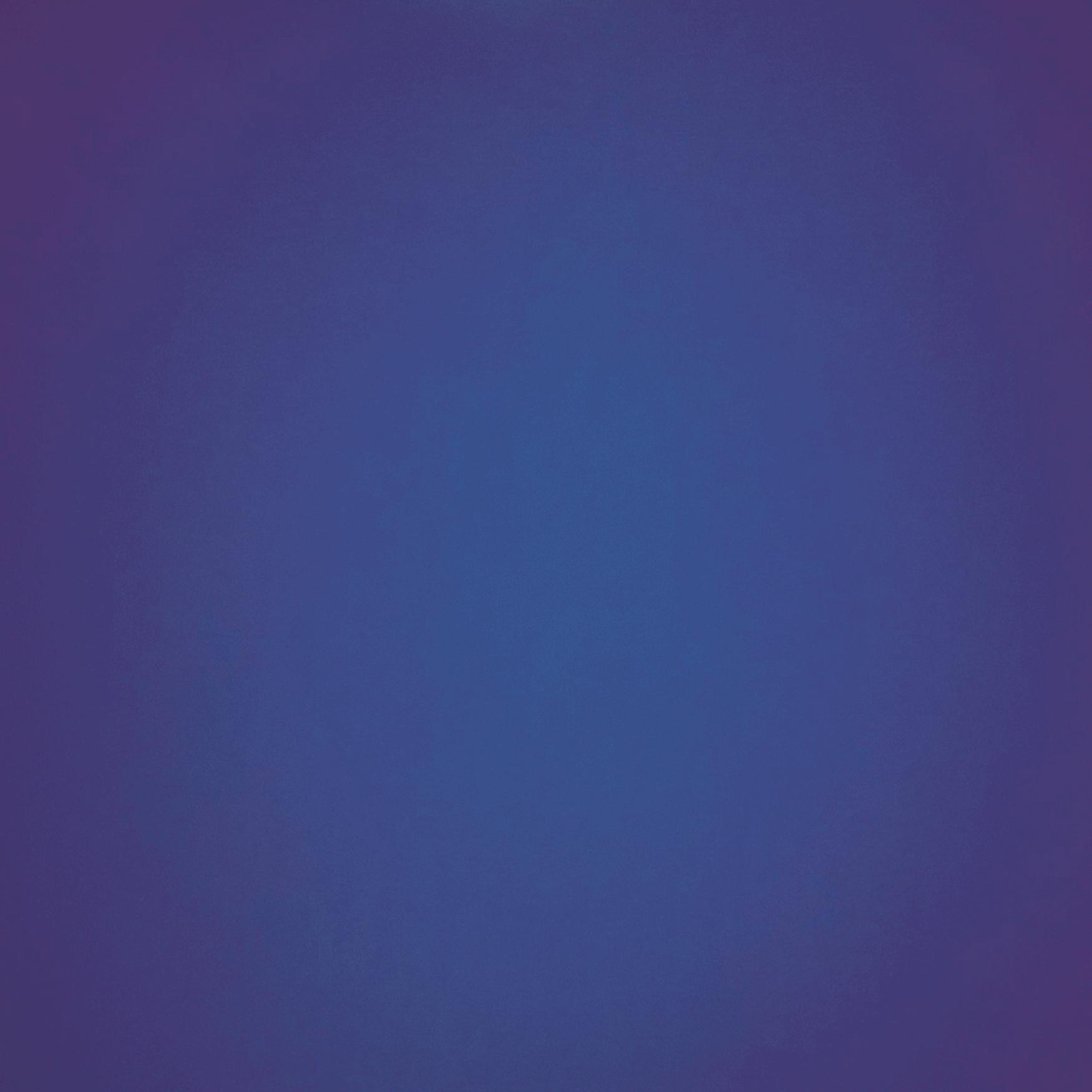
Prerequisites: GERM UN2101 or the equivalent. If you have prior German outside of Columbia’s language sequence, the placement exam is required.
Intermediate German UN2102 is conducted entirely in German and emphasizes the four basic language skills, cultural awareness, and critical thinking. A wide range of topics (from politics and poetry to art) as well as authentic materials (texts, film, art, etc.) are used to improve the 4 skill. Practice in conversation aims at enlarging the vocabulary necessary for daily communication. Grammar is practiced in the context of the topics. Learning and evaluation are individualized (individual vocabulary lists, essays, oral presentations, final portfolio) and project-based (group work and final group project).
SPRING 2026
CREDITS: 4
E INTERMEDIATE GERMAN II

Prerequisites: GERM UN2101 or the equivalent.
Intermediate German UN2102 is conducted entirely in German and emphasizes the four basic language skills, cultural awareness, and critical thinking. A wide range of topics (from politics and poetry to art) as well as authentic materials (texts, film, art, etc.) are used to improve the 4 skill. Practice in conversation aims at enlarging the vocabulary necessary for daily communication. Grammar is practiced in the context of the topics. Learning and evaluation are individualized (individual vocabulary lists, essays, oral presentations, final portfolio) and project-based (group work and final group project).
SPRING 2026 CREDITS: 4
E INTERMEDIATE CONVERSATION

Prerequisite: Completion of 1102 or equivalent. If you have prior German outside of Columbia's language sequence, the placement exam is required.
Desire to speak lots of German! Students in Intermediate Conversation should have completed the equivalent of two semester of college German or placed at the Intermediate level at Columbia. This conversation group is designed for students are either taking Intermediate German I or II and would like additional practice or who take only this class because they wish to maintain their spoken German. The course is designed to improve your ability to speak and understand and manage German in everyday situations; to provide opportunities to participate in conversational situations on any topics you are interested in; to strengthen and acquire skills to understand German spoken at normal conversational speed; to expand active and passive vocabularies speaking skills; and to maintain a certain level of written German through short written activities. This is a 2-point course and does not count towards the language requirement.
SPRING 2026
MO WE 1:10 PM - 2:25 PM
CREDITS: 2 XUXU SONG
EADVANCED GERMAN II

A course for students who would like to improve their German language skills, speaking, reading, listening, writing and immerse themselves at the same time into the culture, history and politics of Fien de Siecle Vienna to the present. Visit Viennese coffee houses and meet famous people, such as Gustav Klimt, Emilie Flöge, Sigmund Freud, Arthur Schnitzler, Alma Mahler-Werfel, as well as Hundertwasser and Thomas Bernhard. Many different genres of texts, films and video sequences, as well as music and art will be used to enhance students’ language proficiency as well as spark and/or deepen their interest in the Viennese culture. In order to further develop writing skills in German there will be ample opportunity to practice grammar and stylistics.
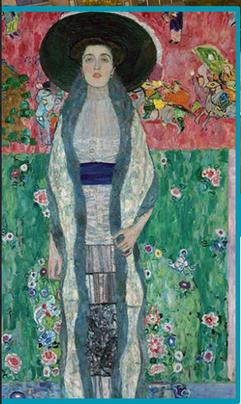
SPRING 2026
MW 4:10PM-5:25PM
CREDITS: 3
IRENE MOTYL
E INTERMEDIATE SWEDISH II
The goal of this course is to further develop your speaking, reading, writing, and listening skills and broaden your knowledge about the Swedish culture, history and literature. Topics emphasize contemporary Swedish life and cross-cultural awareness. Topics to be covered include Swedens regions, the party and political system, major historical and cultural figures, and the Swedish welfare state. In addition to the main text we will use a selection of short stories, newspaper articles, films and audio resources available on the internet. Class will be conducted almost exclusively in Swedish. To succeed in this course, you must actively participate. You will be expected to attend class regularly, prepare for class daily, and speak as much Swedish as possible. Methodology The class will be taught in a communicative way. It will be conducted primarily in Swedish. In-class activities and homework assignments will focus on improving and developing speaking, reading, writing, listening skills, and deepening the students understanding of Swedish culture through interaction and exposure to a broad range of authentic materials.

SPRING 2026
MO WE 10:10 AM - 12:00 PM
CREDITS: 4
HELI SIRIOE
E ELEMENTARY YIDDISH I
This course offers an introduction to the language that has been spoken by the Ashkenazi Jews for more than a millennium, and an opportunity to discover a fabulous world of Yiddish literature, language and culture in a fun way. Using games, new media, and music, we will learn how to speak, read, listen and write in a language that is considered one of the richest languages in the world (in some aspects of vocabulary). We will also venture outside the classroom to explore the Yiddish world today: through field trips to Yiddish theater, Yiddish-speaking neighborhoods, Yiddish organizations, such as YIVO or Yiddish farm, and so on. We will also have Yiddish-speaking guests and do a few digital projects. At the end of the two-semester course, you will be able to converse in Yiddish on a variety of everyday topics and read most Yiddish literary and nonliterary texts. Welcome to Yiddishland!

SPRING 2026
TU TH 2:10 PM - 4:00 PM
E ELEMENTARY YIDDISH II
This course offers an introduction to the language that has been spoken by the Ashkenazi Jews for more than a millennium, and an opportunity to discover a fabulous world of Yiddish literature, language and culture in a fun way. Using games, new media, and music, we will learn how to speak, read, listen and write in a language that is considered one of the richest languages in the world (in some aspects of vocabulary). We will also venture outside the classroom to explore the Yiddish world today: through field trips to Yiddish theater, Yiddishspeaking neighborhoods, Yiddish organizations, such as YIVO or Yiddish farm, and so on. We will also have Yiddish-speaking guests and do a few digital projects. At the end of the two-semester course, you will be able to converse in Yiddish on a variety of everyday topics and read most Yiddish literary and non-literary texts. Welcome to Yiddishland!

SPRING 2026
TU TH 12:10 PM - 2:00 PM
E INTERMEDIATE YIDDISH II
Prerequisites: YIDD UN1101-UN1102 or the instructor's permission.
This year-long course is a continuation of Elementary Yiddish II. As part of the New Media in Jewish Studies Collaborative, this class will be using new media in order to explore and research the fabulous world of Yiddish literature, language, and culture, and to engage in projectoriented activities that will result in creating lasting multi-media online presentations. In addition to expanding the command of the language that has been spoken by the Ashkenazi Jews for more than a millennium, i.e. focusing on developing speaking, reading, writing and listening skills, and on the acquisition of more advanced grammatical concepts, students will also get some video and film editing training, and tutorials on archival research. The class will continue to read works of Yiddish literature in the original and will venture outside of the classroom to explore the Yiddish world today: through exciting field trips to Yiddish theater, Yiddish-speaking neighborhoods, YIVO, Yiddish Farm, and so on. And we will also have the Yiddish nativespeaker guest series. Welcome back to Yiddishland!

CALL NUMBER: 10858
SPRING 2026
MO WE 4:10 PM - 6:00 PM
4
